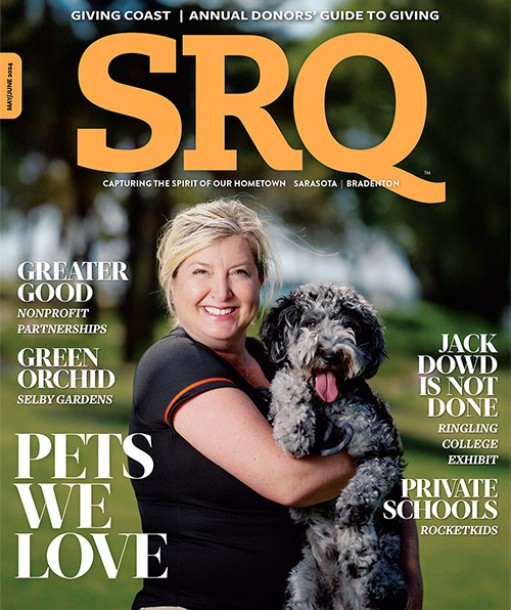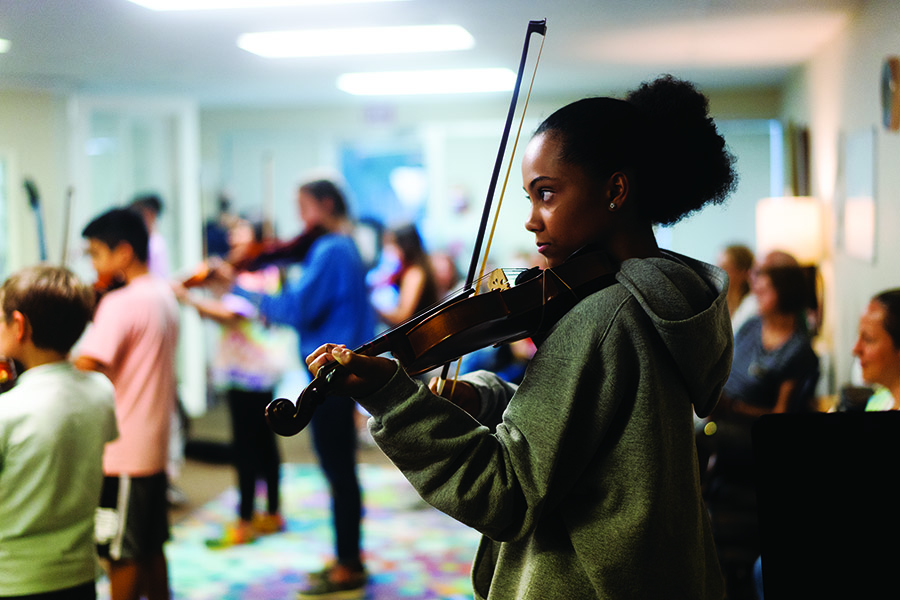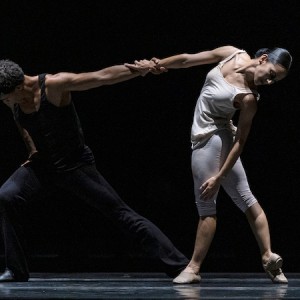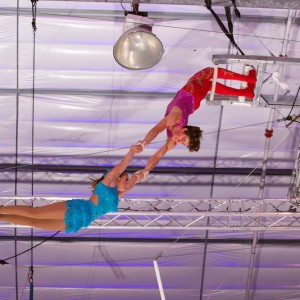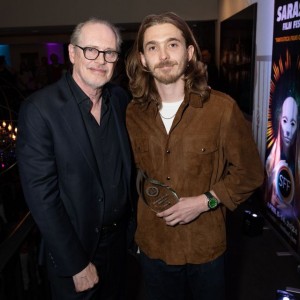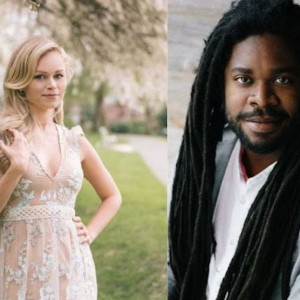It’s no secret that the benefits of music education are huge. Science has proven that it helps build critical learning skills and increases confidence, self-discipline and collaborative interactions among people of all ages. At the Suzuki Institute School of Music, Dr.Salil Singh and his wife, Jennifer Singh believe that music is a language that can be taught to children as young as two years, much like parents teach their children a language to speak at a very young age.
The Singhs have owned and operated the school for the past three years. Having moved from California shortly before the start of the pandemic, they are now focusing on growing the Sarasota Suzuki program for the youngest of children with an increasing number of adults coming on board as well. With about 15 teachers involved, including Claudia Birdsall, a professional violinist with the Venice Orchestra, and over 250 students enrolled, the program is already quite impressive.
Dr. Singh comes from theater—acting, designing, writing and directing drama productions from an early age in his native country, India. While not a musician himself, he grew up around music and musicians, performing in and even writing the scripts for musicals. This left him with a lifelong love of music— its ability to move, give expression, inspire, tell stories and shape lives for the better.
What sets Suzuki apart from other music schools? Suzuki instruction is based on collaboration. For children, especially at the beginning stages, parents are heavily involved. “The parent, teacher and child are a triad type of partnership that helps the child succeed,” says Dr. Singh. “At our school, a community of parents come together in the best interests of their children. The Suzuki emphasis is on listening, playing along and repeating. When music becomes like eating, breathing and walking, you don’t question it, it’s a part of your life."
Most of the instrumental learning starts off with a 30 minute lesson. As the student progresses, lessons move to 45 minutes, and sometimes an hour, depending what fits best with the family’s schedule and budget. Following the Suzuki philosophy, there are 10 books of learning. Each level in the Suzuki curriculum has a specific purpose in teaching a building block of music, while giving the ability to combine in an ensemble. In addition to the individualized lessons, students in the violin, guitar and piano programs also take part in collaborative learning, where they come together and play as a group. “It’s magic to see teachers, adults, parents and other young musicians playing with you,” says Dr. Singh.
With a long and deeply-rooted history of teaching violin through the Suzuki method, it is only natural for the school to add Suzuki Piano to the program this year. Their summer program which will be a broad embrace of the arts, offers a fun and exciting experience sure to open a child’s imagination. It will be theme-based each week and include voice, multiple musical instruments, dance, drama, art, a week of shadow puppetry (a special love of Dr. Singh’s), with performances for friends and family at the end of each week. The camp is open to children ages 7-11 (divided by age appropriate levels) and since there are only 12-15 kids total, it allows for one-on-one attention whenever possible, and fills up quickly. Hours are 9 am to 3:30 pm with half-day options available.
Suzuki Institute School of Music, 3100 Southgate Circle, Suite B, Sarasota, 941-330-9930; sarasotasuzuki.org



